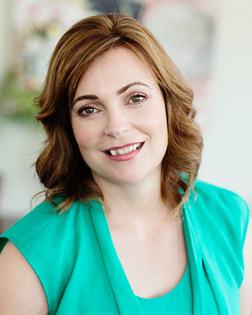|
Typically Mums carry the mental load. They find themselves managing a heap of hidden tasks that involve researching, planning and organising for the family. Remembering to buy those thoughtful birthday gifts for little friends, meal planning that caters to the health and idiosyncrasies of the family; organising, researching, scheduling and booking after school activities and play dates. Reading countless social media parenting posts with their children’s emotional well-being in mind. And this is just a snapshot of a mother’s brain. The work that goes on in our minds is invisible. You might see mum buying and wrapping the birthday gifts, shopping for food and cooking meals, driving to after school activities, going to play dates at friends’ houses. What you don’t see, is the thinking that goes on behind the scenes. Many of my clients struggle with this load, especially when their expectations of themselves are overly high or unrealistic. Many modern women say that they thought their partners or husbands were ‘modern guys’, men who valued gender equality, equal rights, in some cases even espousing the virtues of feminism. Then the children came. It can take women some time to realise the inequality that slips in behind the scenes. The default to traditional roles embedded in the psyche of their partners, and ironically, of themselves. The unfortunate result can be overwhelm and resentment. Resentment at their partners for happily allowing the load to fall on their shoulders, resentment at their partners for not understanding the extent of the load, and anger at themselves for enabling this inequity. Dr Gwyn Rees, psychologist at the Antenatal & Postnatal Psychology Network, makes the following suggestions:
https://www.gottman.com/ https://www.drdansiegel.com/ Comments are closed.
|
AuthorPosted by Dr Renée Miller Topics
All
|
|
We acknowledge and pay respects to the Elders and Traditional Owners of the land on which our psychologists practise.


 RSS Feed
RSS Feed

